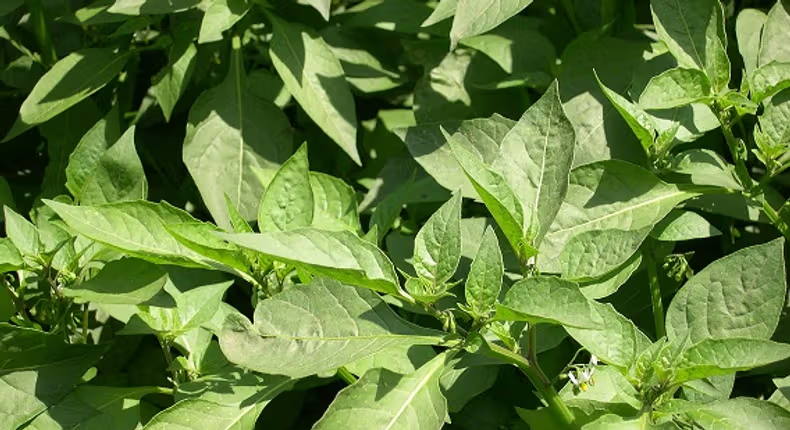< 1 mn read
Some plants in Nigeria, while seemingly harmless, can be highly toxic and even deadly if not handled properly. Interestingly, in small doses, some of these plants can have medicinal properties. Here are five poisonous plants commonly found in Nigeria:
- Sodom Apple (Calotropis procera)
The Sodom Apple, also known as Giant Milkweed, grows in northern Nigeria. It produces milky leaves and fruit rich in latex, which can cause severe gastrointestinal problems, blindness, and skin irritation. In small doses, it’s used in traditional remedies for respiratory issues and skin conditions, but overuse can be fatal. - Jimsonweed (Datura stramonium)
Jimsonweed, with its trumpet-shaped white or purple flowers, is found along Nigerian roadsides. It contains toxic alkaloids, such as hyoscyamine and scopolamine, which can induce delirium, hallucinations, and death if consumed in large quantities. Despite its dangers, it is sometimes used in traditional medicine to treat pain and asthma under professional supervision. - Oleander (Nerium oleander)
Oleander is a popular ornamental plant with beautiful pink, red, or white flowers. However, it contains deadly cardiac glycosides that can cause irregular heartbeats, nausea, vomiting, and death, even from ingesting a small amount of its leaves or flowers. - Brugmansia (Angel’s Trumpet)
Angel’s Trumpet, recognized by its large, trumpet-shaped flowers, is found in Nigeria. The seeds and leaves contain dangerous tropane alkaloids like scopolamine, which can lead to hallucinations, confusion, paralysis, and even death. - African Black Nightshade (Solanum nigrum)
Commonly found in farmlands and gardens, the African Black Nightshade is a weed with small blackberries. The unripe berries contain solanine, a toxic compound that can cause nausea, vomiting, and diarrhea. In large doses, it can be fatal.
Take caution to avoid these plants and prevent accidental poisoning. While some may be used in traditional medicine, their toxic properties make them highly dangerous if improperly used.

